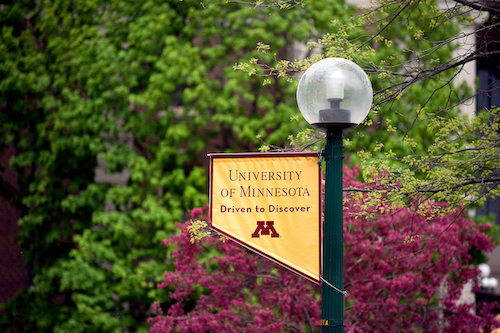
MT2024-42: Phase 1b Dose Expansion/2 Study of NXC-201 for the Treatment of Patients with Relapsed or Refractory AL Amyloidosis

The purpose of this study is to find the best dose of NXC-201 to treat AL amyloidosis. The people in this study have AL amyloidosis that came back or does not get better with treatment. NXC-201 is a cellular therapy made from your own white blood cells called T cells. If you join this study, we will collect some of your T cells and modify (change) them in a lab. This modification will help your T cells find and kill abnormal plasma cells. These genetically changed T cells are called chimeric antigen receptor (CAR) T cells. NXC-201 is a CAR T cell therapy and is given intravenously (by vein). To prepare your body for NXC-201, you will also get fludarabine and cyclophosphamide, which are chemotherapy drugs. After you get NXC-201, you will be in the hospital for at least 10 days.
• walking and able to do selfcare but unable to carry out any work activities; up and about more than 50% of waking hours
• proven diagnosis of systemic AL amyloidosis
• have symptoms of organ involvement (heart, kidney, liver/GI tract, peripheral nervous system)
• able to swallow pills
• see link to clinicaltrials.gov for complete Inclusion criteria
• prior treatment with CAR T therapy
• stroke or seizure within past 6 months
• significant heart disease
• women who is pregnant, or breastfeeding, or planning to become pregnant
• unwilling to practice effective birth control
• see link to clinical trials.gov for complete Exclusion criteria
Biological: NXC-201 CAR-T
Cancer, Rare Diseases
Clinics and Surgery Center (CSC), CAR-T, Light Chain (AL) Amyloidosis